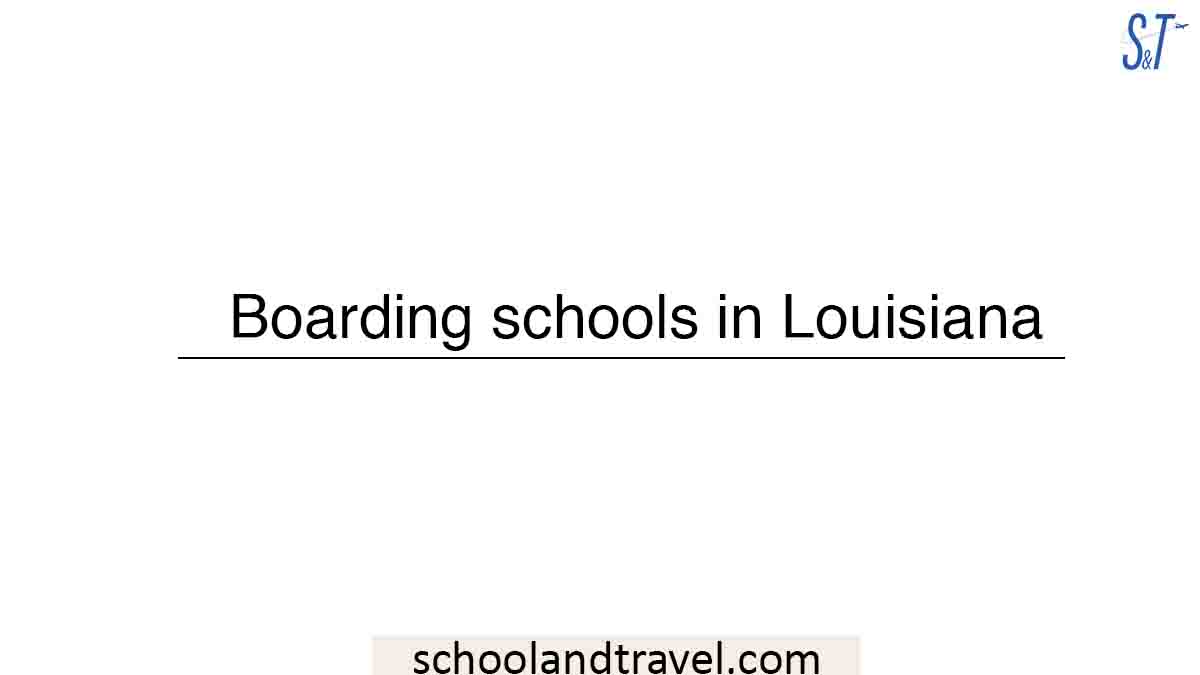The COVID-19 pandemic has had a devastating impact on the mental health of children.
The virus has caused an epidemic of depression and anxiety among children suffering from losing their friends, family members, and teachers.
Considering the devastating impact the COVID-19 pandemic had on kids’ mental health, the American Academy of Pediatrics (AAP), the American Academy of Child and Adolescent Psychiatry (AACAP), and the Children’s Hospital Association (CHA) joined forces to announce Children’s Mental Health a national emergency.
In a situation wherein every support system of kids, i.e., parents, teachers, and friends, were bearing the burden of the pandemic, school counselors rose to the occasion by providing much-needed support to these kids during this difficult time.
School counselors are uniquely positioned to help children deal with these challenges brought about by the COVID-19 pandemic.
They do provide not only academic support but also offer emotional support, which is crucial for these kids to overcome their trauma.
As a result, school counselors are in high demand as they become more critical in helping students cope with their emotions during this difficult time.
This article highlights why being a school counselor would be a lucrative career option in the post-pandemic era.
Better Job Opportunities
As the post-pandemic era progresses, school counselors have massive job opportunities.
In fact, according to recent estimates by the Bureau of Labor Statistics (BLS), the number of job openings for school and career counselors and advisors would be 32,000 every year, on average, during 2021-2031.
The numbers are promising, meaning a career in school counseling can be lucrative and fulfilling, but only if you have a solid education and training.
Many counselors plunge into this profession by having a diploma or bachelor’s degree. However, educational institutions prefer counselors with more experience, higher education, and skills than those with only bachelor’s degrees.
For a better career, school counselors must have a master’s degree in school counseling or psychology and coursework in guidance counseling and educational psychology. They must also pass state licensing exams to earn their license to practice in their state.
Reliable and higher positions demand more education and skills, making a master’s degree in school counseling a necessity for those looking to make a better career for themselves in this profession. The degree is available in both offline and online modes.
Masters in school counseling online provides much more flexibility for those seeking to complete higher education and their jobs.
Pandemic-Induced Anxiety and Depression
The pandemic era has been a trying time for everyone, especially students. The anxiety and depression that the pandemic has caused among students are well-documented, but it is not to be taken lightly.
As per the latest data by CDC, in 2021, roughly 37% of high school students experienced declined mental health during the COVID-19 pandemic, and 44% said they constantly experienced sadness or hopelessness during the past year.
The anxiety and depression caused by the pandemic are not limited to just one age group of people. No age group, from infants to adults, is immune to such issues.
Children are especially vulnerable to this kind of condition because they have not yet developed the coping mechanisms to deal with the stressors of growing up in such a stressful environment.
School counselors play a big role in helping students cope with their anxiety and depression during this difficult time.
School counselors help students by providing them with support and guidance when dealing with their emotions during times like these.
As long as there are still schools open, school counselors will continue to play their part in helping students throughout this difficult time in human history.
Growing Career-Related Uncertainties Among Students
As the post-pandemic era continues to unfold, it’s becoming increasingly clear that students face a lot of uncertainty regarding their careers.
This can be especially true for those still in school but already considering their options. A study found that male and female students experience stress due to job-related anxiety and preparation.
To help students navigate the increasingly complex work and career planning world, schools have hired more counselors to fulfill the students’ unmet mental health needs.
The American School Counselor Association (ASCA) has suggested a 250-1 ratio of students to school counselors, but the national average is 415 to 1 for the 2020-2021 school year. That means schools need to ramp up their efforts in hiring more counselors.
In addition, in the past few years, there has been an explosion of career information.
This has led to significant changes in how students approach education and work. The more information available about various careers, the more confusion there is about which ones are right for you and whether or not you should pursue them.
This confusion causes stress, particularly among young people just starting their careers.
They’re trying to figure out what kind of job will make them happy while, at the same time, have yet to learn what kinds of jobs exist or how those jobs might fit into their future goals. It can be overwhelming.
School counselors can help students navigate this confusion by guiding how best to use their education toward future goals and aspirations.
Address Racism and Bias
As the world slowly tries to get back on track after the pandemic, we have already seen the resurgence of racism and bias in schools.
Unfortunately, these practices have been prevalent in our society since immemorial, but they have now taken a turn for the worse.
The growing menace of racism and bias in schools has seriously threatened our children’s future and mental health. Approximately 36% of school students dealt with racism before or during the COVID-19 pandemic.
School counselors provide guidance and support to students facing issues such as racism and bias at school.
They help students understand how their actions can affect others around them. They also teach students how to handle such situations so they don’t become victims.
School counselors can take steps towards addressing this issue by working closely with teachers to create an environment where students feel safe enough to speak up about any incident involving racism or bias at school without fear of reprisal from peers or even teachers themselves.
In addition, counselors can work with parents to ensure that their children do not become perpetrators of such acts themselves when they grow older so that these practices are not perpetuated into future generations.
Growing Mental Health Needs of School Students Make It a Great Career Choice
The post-pandemic era has brought new challenges to schools and their students. With the rise in mental health needs, school counseling has become a lucrative career option for many.
School counselors are trained professionals who help students deal with learning, social, and other personal problems that may arise during their education.
They also serve as a point of contact for parents and guardians concerned about their child’s performance at school.
Awesome one; I hope this article answers your question.
Editor’s Recommendations:
- Why Does Pandemic-Led Digitalization Make the Nursing Profession a Challenging One?
- Top Reasons to Pick Family Nurse Practitioner As a Career Option
- 10 Ways To Keep Your Hair Healthy While Traveling
- Top 4 Nursing Schools In Texas With No Waiting List (FAQs)
- 9 Nursing Schools in Jamaica (FAQs, Duration, Cost)
- What are Fast Track LPN Programs? (FAQs, 13+ Nursing tricks)
- Nursing Schools in Manila (Degrees, Schools FAQs)
If you find this article good, please share it with a friend.





